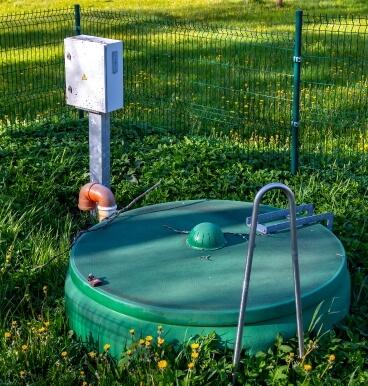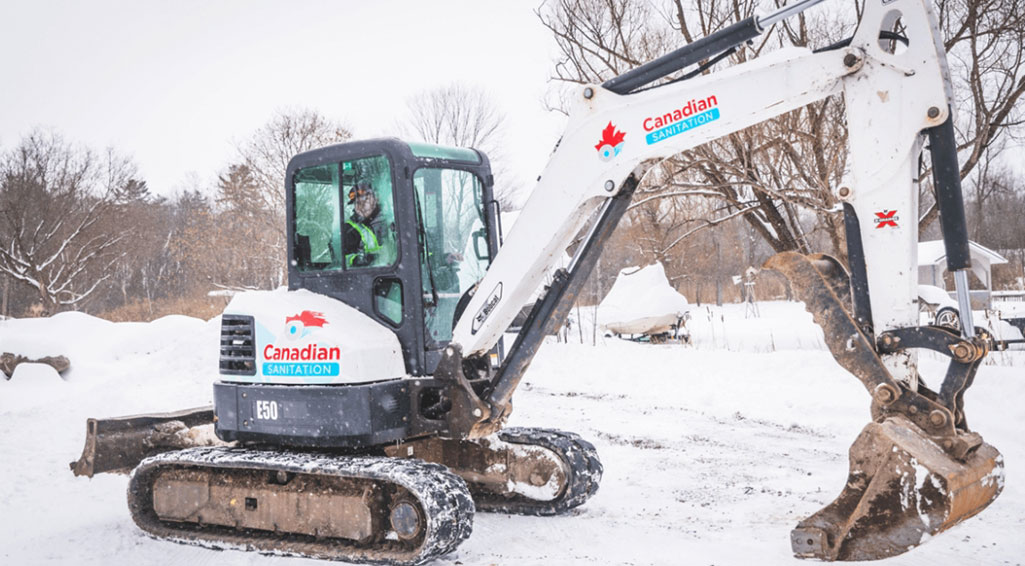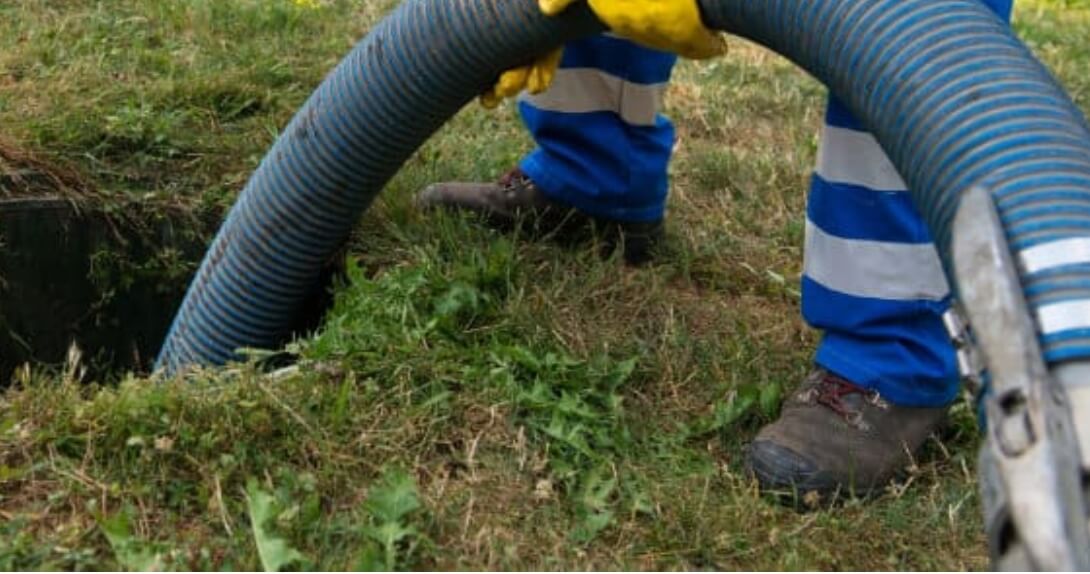How to Protect Your Septic System Year-Round
An average septic system lasts between 15 and 40 years. Its lifespan depends on a variety of factors, with one of the most important being how well it is maintained. In order to keep your septic system running at its optimal level, it needs inspections, maintenance, and repairs over its lifetime.
Keep your septic system healthy by:
- Scheduling regular inspections and servicing – The overall condition of your septic system should be inspected annually. At Canadian Sanitation, our experts conduct an on-site analysis to identify potential issues, which will prevent the need to replace the entire system in the future and extend your septic system’s lifespan.
- Never flush or drain non-biodegradable items objects – This includes diapers, sanitary napkins or tampons, condoms, wipes (even the ones that are labelled “flushable”), cigarette butts, harsh chemicals, paper towels, and more. As a rule of thumb, if it can’t degrade naturally, it should not go into your septic tank. Be sure to inform your guests of the unique needs of your septic system.
- Freezing in winter – When the wastewater is restricted and moving slowly through the drain field, it will freeze in the winter, creating a solid block of ice that cannot be melted. When this happens, no water will enter the field and the septic tank will back up. It is very common for the field to once again accept some water over summer, then freeze again every winter. Once this starts, it only gets worse, never better on its own.
- Servicing even the smallest issues – When it comes to your septic system, it’s best not to ignore issues. Even ones that are seemingly small can be a sign of a potential problem that, if ignored, can cause significant damage. Identifying and repairing issues early can save you a lot of money and stress in the long run.
Keep in mind that a climate like Ontario’s can bring many septic issues, including freezing in the winter and flooding in the spring. Anytime is a good time to schedule a septic system service when you need it. It’s possible to reduce your risk of an emergency repair or a much bigger problem when you get your septic system serviced regularly.





